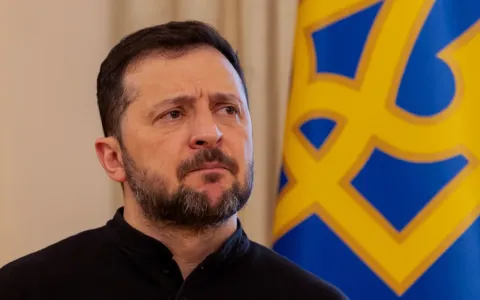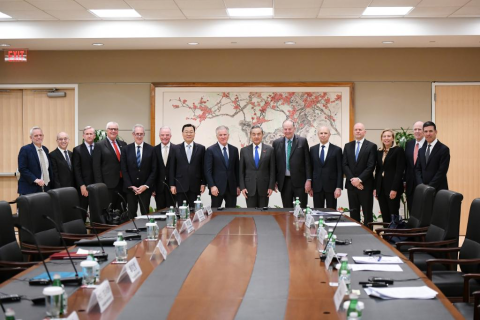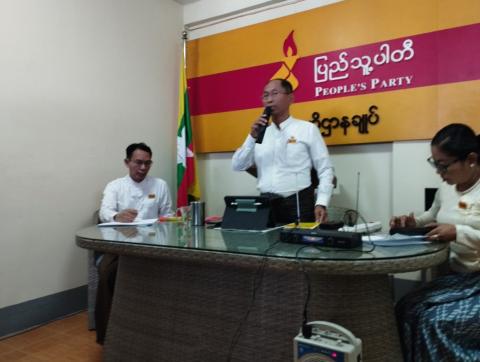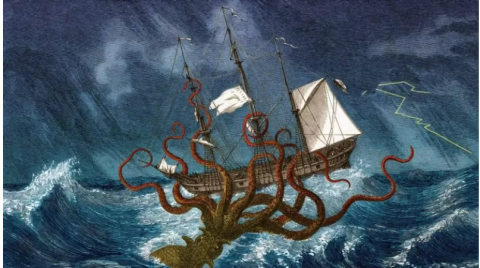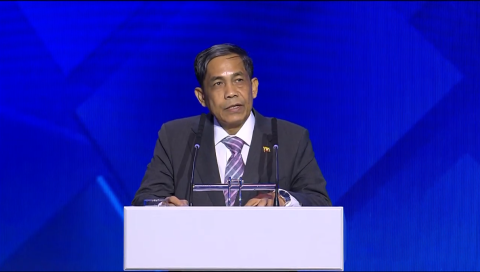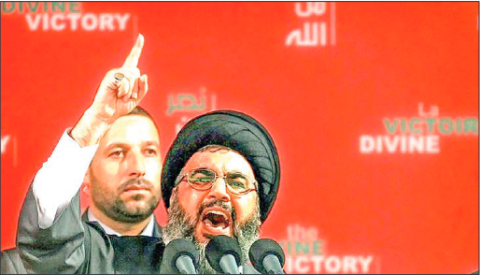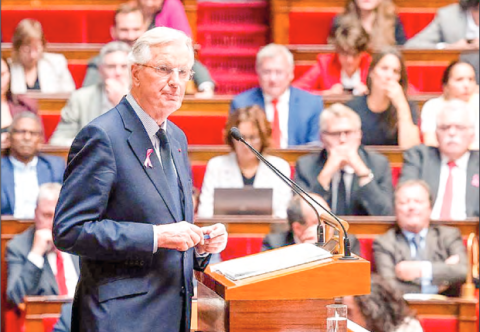Or, between a rock and a hard place; an idiom that means to be in a difficult situation where you have to choose between two equally unpleasant or inconvenient options. What could possibly reflect such a circumstance in Myanmar, especially politically?
Long before your time, in a country called Myanmar, there were elections. The popular leader who was somehow expected to win cheated in these elections. That is the most important fact (verifiable) that the West has to acknowledge. The cheating was so rampant that Myanmar has overtaken Japan in terms of population over the age of 100, in terms of number of centenarians voted. Myanmar became the country with the best healthcare in the world (despite consistently ranked among the lowest in the world, in fact, according to WHO). The elections fraud was so widespread that the total number of votes counted exceeded the eligible votes by 50% (33 million vs 22 million). Still many refused to believe provable stats and decided to follow the incorrect analogies and fake news.
Yet hind side is 20:20. We could have gotten international auditors or third parties to verify the frauds. We could have conducted press conferences in English and invited international journalists. We could have predicted that the easily gullible population and Facebook would turn the country into a mess. Well, past is in the past now.
After much back and forth, both China and India saw the truth. Thailand did not bother much since the beginning. ASEAN five points was undoable as the writer has said from day 1. EU is caught in a limbo.
The echelon governing the Union demand concrete steps to restore the power back to the fraudster. Yet the emissaries on the ground long for a negotiated solution to compete with the two giant powerhouses of Asia.
With 75th anniversary of diplomatic relations between China and Myanmar coming up next year, China is planning a bonanza of engagements to augment the increasing better relations between the two nations. India is not resting on its laurels either. Although falling behind China distinctly in terms of sponsorships, India is catching up through many think tanks and diplomatic and military exchanges. India navy officials did arrive on a friendly tour in December to travel around the country. The two navies have a very fruitful relationship that began nearly twenty years ago, resulting in the eventual acquisition of a submarine.
Trump probably does not even know where Myanmar is and $400 million obtained by the anti-establishment forces from the Biden Harris administration is no longer on the plate. But engagement with EU is an open option.
So what does EU want? You can list down from the impossible missions to the softballs. For example, talking with the NUG is a no-no for the government. Their baseline of kicking Tatmataw out of the constitution is an unworkable option. Moreover, many in the military and its supporters feel that talking to them would be worse than a stab in the heart, after NNCP terrorists killed many of their friends and kins. May be releasing one of the jailed leader of an ILO-approved union might be practical, but the government has to ensure that it can get some benefit out of this route.
Then there is the issue of Su Kyi.
Many of us believed she has to serve time for the crimes she had committed, especially on elections and financial frauds. So, she has to do time. But based on current status quo, sentencing for some of the crimes she has committed would not be begin till probably after the next election.By that time, she is already 80+ years old. From the practical standpoint, how many more years could she live? During her time in jail, she would always be a pain in the ass for the diplomatic relations between the West and Myanmar.
Even if she die while in prison, the government would still get blamed for that. Knowing how the Myanmar leaders doing good deeds, she is likely to be like released after a couple of years in jail, via presidential pardon or health reasons. Say, she is released at 82. If she is still able bodied, she would likely do a Shaun Turnell and would not keep her mouth shut. Who can realistically promise she would not cause another uprising?? However, if she is in another country, just like Turnell, the assumption is that she would not even be half as effective as being in town. So we can agree that Su Kyi being out in the open in the country, alive and kicking is bad for the stability of Myanmar. Could there possibly be another option?
What if we strike a deal with EU, to send her off to one of those European countries and let her kick the bucket over there. On the surface it seems like she is escaping justice. From the practical stand point, the end result would seem to be the same. Jail time could result in a short parole or death, both of which are bad for the country and the government. Releasing her might cause much emotional pain, but the country might gain on the diplomatic, trade and development front as a whole, with the West, provided the government knows how to demand properly. Once she is out of sight, she could be out of the minds of many. Would that not be a good thing after all? The thing of ultimate importance is that the government has to ensure that it earns enough credits, get back all the money being detained illegally in the West and trade concessions from such a deal while doing something whose result is substantially different from the other atternative. She would be forever gone. The thorn would be once and for all, removed. The talk that she is no future in Myanmar politics would become a reality. The devil and the deep blue sea are not so different after all.
The only real threat would be what if she became a liability overseas like Pan Sallo, who had become a multi millionaire in the US, from donations by the Myanmar diaspora while continuing to kill many innocent civilians back in Myanmar. It’s the risk that Myanmar is unable to take.
By Tim M Htut
Ref: https://www.myanmarinsider.com/caught-between-the-devil-and-the-deep-blue-sea/

